Research Team
The responsible and ethical conduct of research involves responsibly generating and disseminating knowledge with rigor and integrity. Active participation in ethical training is critical for excellence and public trust in science and engineering. As such, in accordance with the National Science Foundation (NSF) Responsible Conduct Research (RCR) Compliance policy, all researchers in this project completed the online CITI RCR course and remote in-person RCR workshops.
Primary Investigators

Megan Stubbs-Richardson, Ph.D.
Primary Investigator
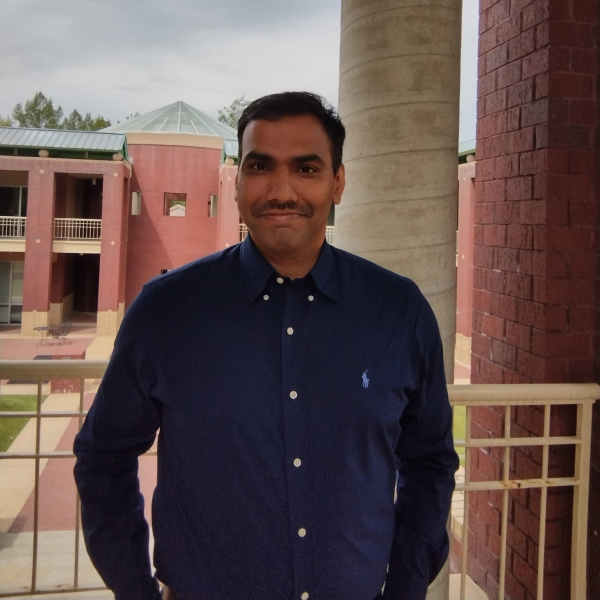
Sujan Ranjan Anreddy, Ph.D.
Co-Primary Investigator

Ben Porter, Ph.D.
CO-Primary Investigator

Megan Stubbs-Richardson, Ph.D.
Primary Investigator
Contribution to Project: Dr. Stubbs-Richardson oversaw the project goals and responsibilities and led bi-weekly meetings that were scheduled for the full team. Dr. Stubbs-Richardson also ensured Responsible Conduct in Research training requirements were met by the full team. She also worked with legal and other personnel on the appropriate handling of data in preparation for sharing the COPE-ID database.
Additionally, throughout the course of this project, Dr. Stubbs-Richardson supervised and mentored three undergraduate students (Georgiana Swan, Shelby Gilbreath, and Deborah Tolbert) who worked on various aspects of the project, such as literature reviews, data codification, building databases of keywords for search criteria, and writing on manuscripts. Meetings with each student were held on a weekly basis to discuss progress or best approaches to tasks needed for the project.
Dr. Stubbs-Richardson led on and oversaw the methods documentation for the 10 platforms which was uploaded to the COPE-ID database along with the data. She also co-led a team of students with Sujan on the removal of sensitive data from the final COPE-ID database. Finally, Dr. Stubbs-Richardson is lead author on both the misinformation study as well as the database paper which involved working closely with other team members often on a weekly basis to meet those two objectives.

Sujan Ranjan Anreddy, Ph.D.
Co-Primary Investigator
Contribution to Project: Dr. Sujan Anreddy coordinated with graduate and undergraduate Computer Science students in compiling the COPE-ID database from 10 different social media platforms. He worked with students in reviewing their technical blogs, and in helping students present for university held research symposiums. In addition, Dr. Sujan Anreddy co-led a team of students with Megan on the removal of sensitive data from the final COPE-ID database. Finally, he worked on using a parallel coordinate plot that was used for visualizing Covid-19 related hashtags from Jan 2020 to December 2020.

Ben Porter, Ph.D.
CO-Primary Investigator
Contribution to the Project: Dr. Porter was responsible for identifying and collecting external data sources for the project. He collected demographic data from the American Community Survey (at the census track level), covid-related self-report from the Household Pulse Survey and Delphi CovidCAST project (at the state and county level, respectively), public health policies (at the county level), and Facebook social connectedness index (not usable due to correlation between area population and connectedness).
Dr. Porter was the lead investigator on the emotions paper. He was also the primary supervisor of Ms. Mitchell throughout the study. This entailed weekly meetings on current progress and discussing articles and how they can be incorporated into manuscripts. Additionally, he helped Ms. Mitchell develop the idea for the project examining emotions related to public health policy that she was lead on, and he helped her apply for intramural funding to continue this line of research.
For the scam study, he coded 1100 documents from the included social media sites on factors including relevance, whether it was a news article, general misinformation, general counter misinformation, vaccine-related misinformation, and vaccine-related counter misinformation. Additionally, he provided inter-rater reliability analyses and met with Dr. Stubbs-Richardson to resolve all instances of disagreement between raters.
Research Team

Cindy L. Bethel, Ph.D.
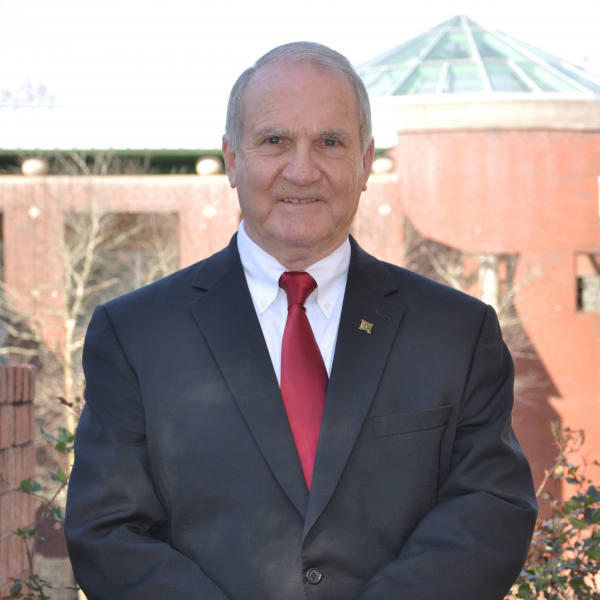
Arthur Cosby, Ph.D.
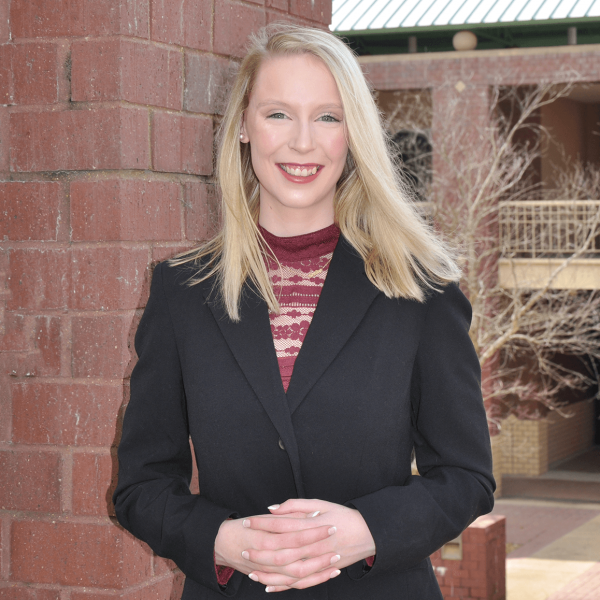
Shelby Gilbreath
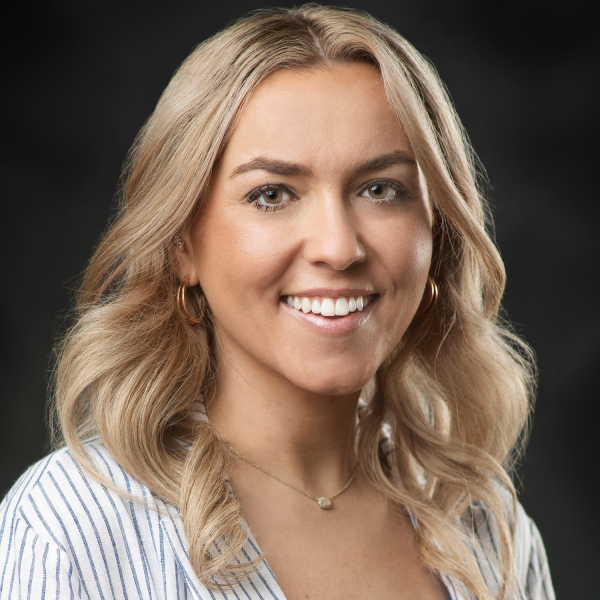
Terri Hernandez, Ph.D.
Nishan Karki
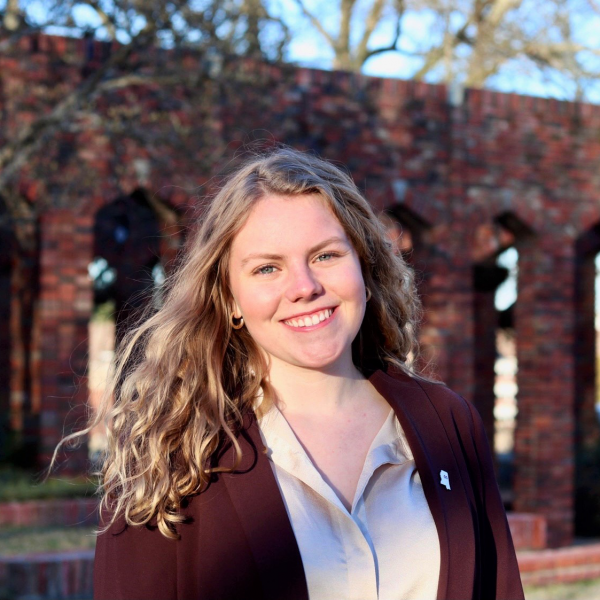
Mary Margaret Mitchell

Payton Ray
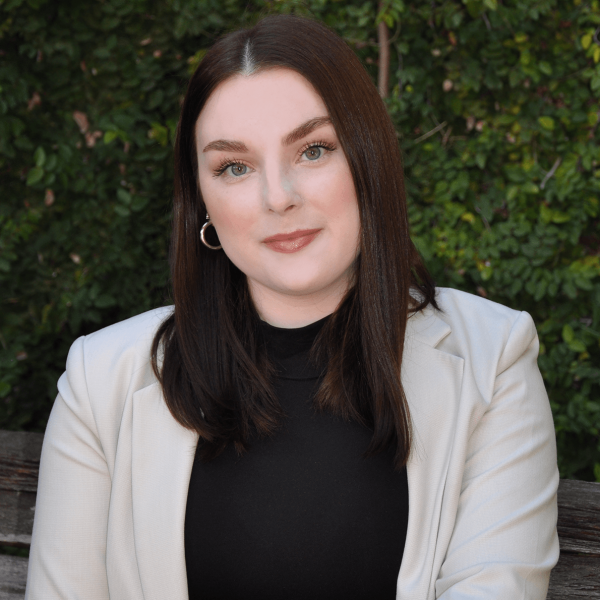
Taylor Ray
Lindsay Roberts

Edward Swan, Ph.D.
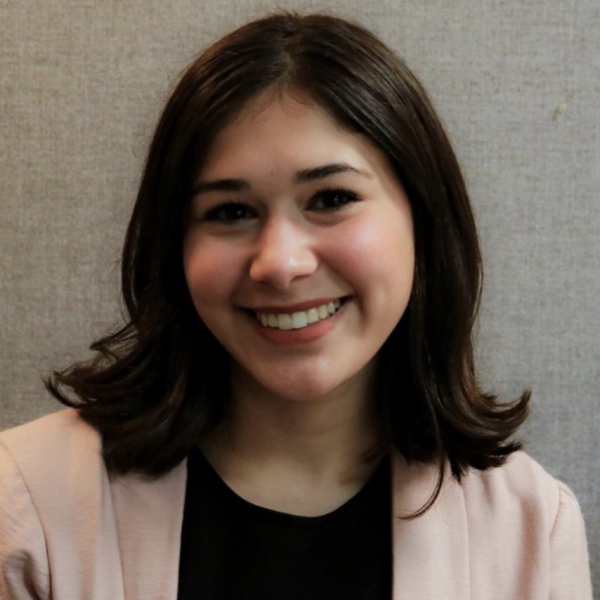
Georgiana Swan

Deborah Tolbert

Cindy L. Bethel, Ph.D.

Arthur Cosby, Ph.D.

Shelby Gilbreath
Shelby was a part of the misinformation study team branch of the NSF Rapid project where she was involved in the following related tasks: 1) Literature review, 2) Looking into ‘Scam’ and ‘Misinformation’ definitions for Criminology, 3) Coded 1,100 documents for machine learning to identify and code for misinformation, and 4) Looked up hashtags and found meanings to be included in the codebook used for processing data for the misinformation study.

Terri Hernandez, Ph.D.
Nishan Karki
Nishan was a part of the Computer Science team and assisted in investigating multiple approaches used for detecting emotions in data from multiple social media platforms. Finally, he also led efforts in investigating data collection methods for Yelp, LiveJournal, and Quora.

Mary Margaret Mitchell

Payton Ray

Taylor Ray
Taylor also wrote a technical blog on the VADER Sentiment tool, “Using vaderSentiment to Intuitively Predict the Sentiment of Social Media Posts”, published on the DS3 SSRC lab website. Likewise, she presented “Using Sentiment Analysis Techniques to Discover Emotions Conveyed on Twitter and Reddit” at Mississippi State University’s Spring 2021 Graduate Student Research Symposium and won 1st place in the master’s division of oral presentations for physics, mathematics, and computational sciences/engineering.
In addition, she developed a web application, displayed on the COPE-ID home page, using the Flask web framework that allows users to generate the sentiment polarity (i.e., “positive”, “neutral”, or “negative” nature) and/or misinformation-related features of a single COVID-19 social media post by utilizing the logic of two separate machine learning models. She deployed the web application on Google’s cloud service, Google Cloud Platform. Finally, during this project Taylor worked on her master’s thesis, which was based on the start to finish process of applying a multinomial Naive Bayes model to extract the sentiment polarities of the COVID-19 posts collected for this project.
Lindsay Roberts

Edward Swan, Ph.D.
Biography: Dr. J. Edward Swan II is a Professor of Computer Science and Engineering at Mississippi State University. He holds a B.S. (1989) degree in computer science from Auburn University and M.S. (1992) and Ph.D. (1997) degrees in computer science from Ohio State University, where he studied computer graphics and human-computer interaction. Before joining Mississippi State University in 2004, he spent seven years as a scientist at the Naval Research Laboratory in Washington, D.C. Dr. Swan’s research has centered on the topics of augmented and virtual reality, perception, data science, empirical methods, human-computer interaction, human factors, and visualization. Currently, he is studying the perception and technology required to give virtual objects definite spatial locations, including depth and layout perception and depth presentation methods, as well as empirical techniques for evaluating and validating visualizations. His research has been funded by the National Science Foundation, the Department of Defense, the National Aeronautics and Space Administration, the Naval Research Laboratory, and the Office of Naval Research. Dr. Swan is a member of ACM, IEEE, and the IEEE Computer Society. He has served many roles in the technical communities of IEEE Virtual Reality (VR), IEEE International Symposium on Mixed and Augmented Reality (ISMAR), and IEEE Visualization. He is currently the chair of the IEEE VR steering committee. Previously, he served as one of the general chairs of VR 2021 and VR 2020, as well as a program chair for ISMAR 2017, ISMAR 2016, VR 2015, and VR 2014. He is also a member of the ISMAR steering committee. In 2017 and 2018, he served as Interim Department Head of Computer Science and Engineering at Mississippi State University.

Georgiana Swan
Georgie was also heavily involved in conducting literature reviews for the project. Specifically, she read and provided summaries of articles pertaining to the rise of COVID-19 and its effects on mental health. Georgie also helped with the domestic violence literature review and read articles justifying why researchers should use Twitter. Further, she read articles pertaining to her assigned platforms (Tik Tok, 4 Chan, and Mastodon) to learn more about the user base of the platforms. She also summarized articles that covered the rise in scams and what the most common ones are.
Additional tasks related to data collection included contributing to a collection of information on scams, such as keywords used in social media that were associated with cybercrime. In the Fall of 2020, Georgie presented to our team a website that collected and labeled different types of scams (phishing, malware, etc.). Towards the close of the project, Georgie also assisted with removing sensitive data from the final COPE-ID database.
For the misinformation project, Georgie was the lead on the initial literature search pertaining to misinformation. Georgie was second author on the misinformation project, due to the number of contributions she has made to the project. Finally, for this project, Georgie coded 1,100 posts from the different platforms, and presented the research work at the Undergraduate Research Symposium.

 https://orcid.org/0000-0001-8636-497X
https://orcid.org/0000-0001-8636-497X